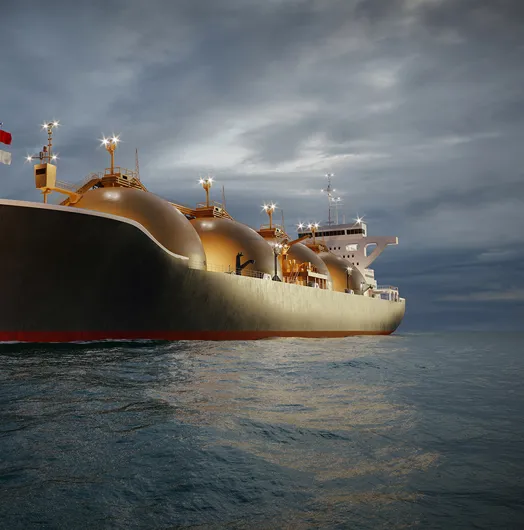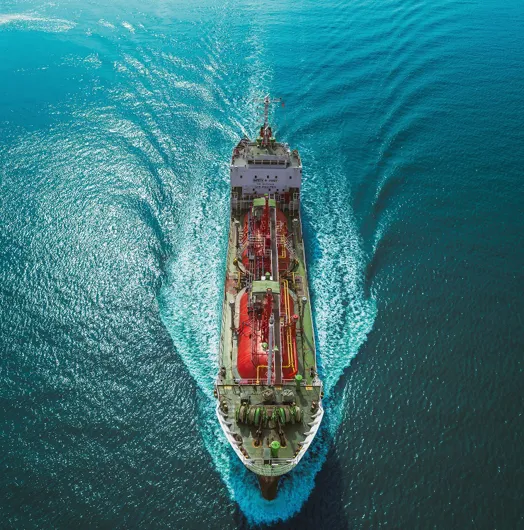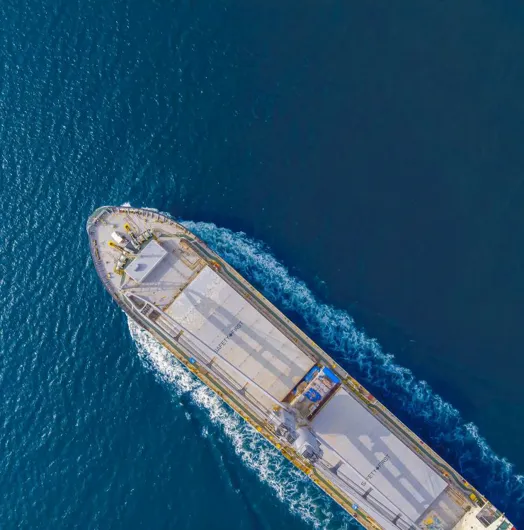While Europe is currently the front-runner in terms of offshore carbon storage, significant developments in other parts of the globe could potentially change this in coming years. In this article, we compare offshore carbon storage developments across Europe with those occurring in Asia Pacific.
UK
We previously discussed how the UK’s North Sea Transition Authority had received strong interest in their latest application round for carbon storage. By early 2023, the UK sector’s six existing licences are set to increase substantially with licenses covering 13 new sites due to be awarded.
Norway
The Norwegian sector has four existing licenses granted. Three of these are adjacent to Bergen (including the Northern Lights storage), with a fourth off the very north of the country, above Hammerfest. The country’s storage sector continues to grow with a fifth site in Norway (in the south of the country, off Farsund) having recently been offered up for licence applications. Applications are due to close in early January next year.
Denmark
Similar to its Scandinavian neighbour, Denmark has also been active in identifying additional CO₂ storage sites. The Danish Energy Agency granted a permit for the Nini field (west of the Jutland Peninsula) to receive CO₂ as part of the Greensands project test phase. If successful, this will likely lead to a full license being granted.
Asia Pacific
From what we know, Australia has so far awarded five storage licenses (known there as ‘greenhouse gas storage permits’), all of which are located in the north-west of the continent. While at first glance this seems like a modest number, they represent significant storage capability and make Australia one of the more likely storage locations for emitters in the Far East.
Outside of Australia, other parts of Asia also look likely to provide offshore storage solutions going forward. Malaysia, for example, has already been identified as having substantial storage capability, mostly based around existing oil and gas field infrastructure. However, as far as we are aware, CO₂ storage permits have not yet been granted there.
What does more offshore storage licensing mean more shipping requirements?
Without storage, there are no projects and therefore no shipping requirements. On the other hand, a license is merely the starting point for any project. Whether shipping is required, at least in the initial phase, also depends upon existing or planned pipeline infrastructure. Nevertheless, the increase in license awards is a positive first step. As most projects will also depend on funding, the availability of storage does not necessarily mean that projects achieving Final investment decision (FID) will automatically follow.




